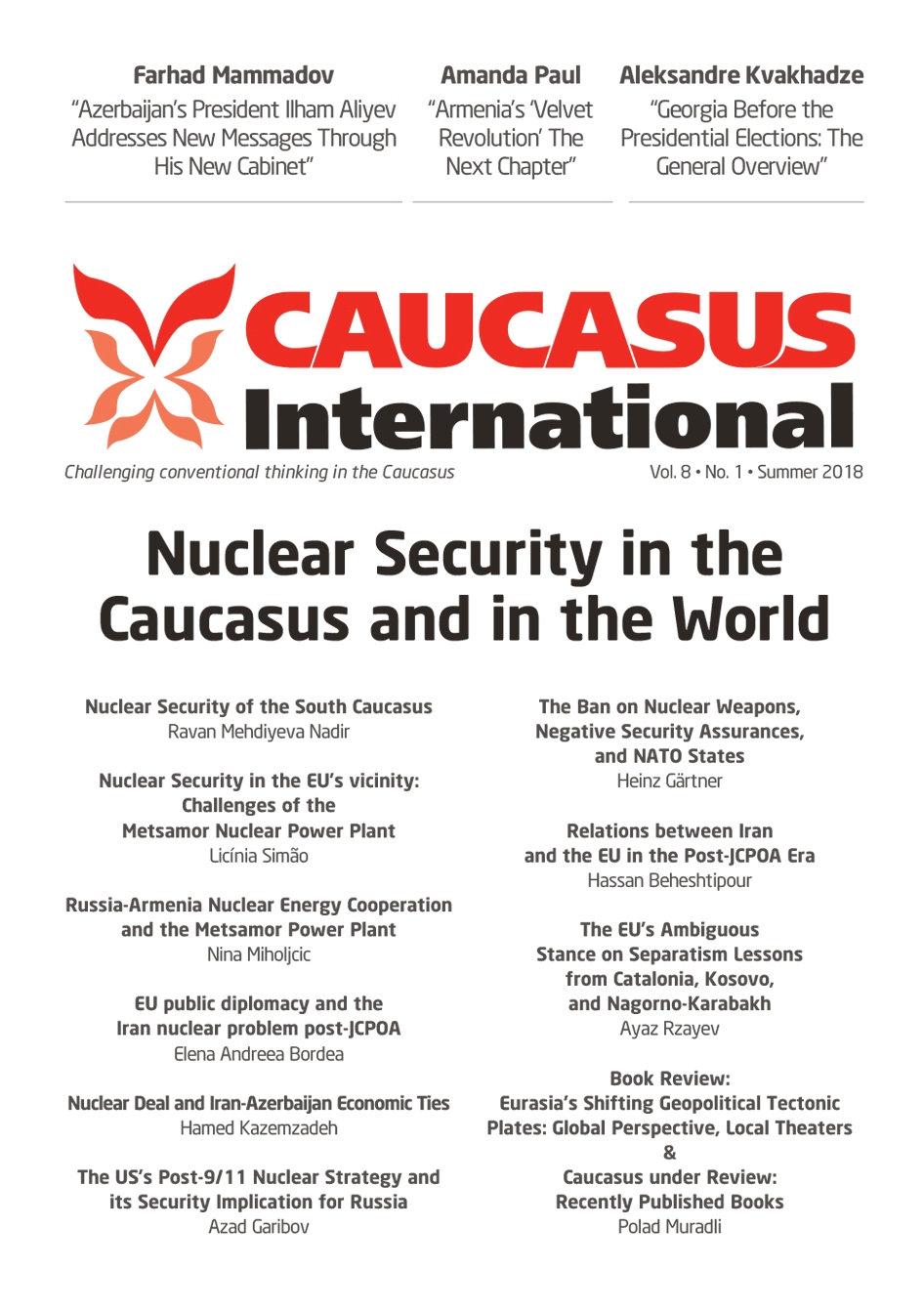Russia-Armenia Nuclear Energy Cooperation and the Metsamor Power Plant
Metsamor, a Soviet-made nuclear reactor still operating in Armenia, causes serious security concerns not only within the region, but also at the international level. Unfortunately, the nuclear threat in the Caucasus is pressing, as Metsamor lacks the requisite safety containment structures, and is located in a seismically active zone. Azerbaijan and Georgia, as well as the wider neighborhood, Turkey and Iran, have expressed serious concerns regarding the recent Russia-Armenia nuclear agreement to prolong Metsamor’s operational life. Due to Armenia’s inability to implement a more secure energy production policy, and Russia’s continued interference and influence, Metsamor remains operational in the face of international warnings and the clear nuclear threat. The West is also concerned about Russia-Armenia nuclear cooperation. The EU and the US, accordingly, advocate for the decommissioning of the plant, as this would prevent future environmental catastrophe as well as helping to limit Russian dominance in the region. This paper examines how Russian-Armenian nuclear cooperation influences regional security in the South Caucasus and entrenches Russian dominance in the region. The paper also discusses the developments that could avert potential nuclear crisis and force Armenia to decommission this outdated nuclear plant such as the normalization of political relations within the South Caucasus, the development of Armenia’s renewable energy sector, and the clear foreign policy visions of the surrounding powers towards the region.
Latest news
- 03/17/2020 Call for Submission: “Non-Alignment Movement and Its Perspective in International Affairs”. Deadline: 1 July 2020 2626 views
Popular articles
- 02/24/2020 The Role of Irredentism in Russia’s Foreign Policy 2536 views
- 02/24/2020 Construction of sub-national identity vis-à-vis parent state: Gagauz case in Moldova 2218 views
- 02/24/2020 The Conflict in Ukraine - The Geopolitics of Separatism and Divergent Identities (Commentary) 2073 views
- 02/24/2020 The Role of the Soviet Past in Contemporary Georgia 2044 views





